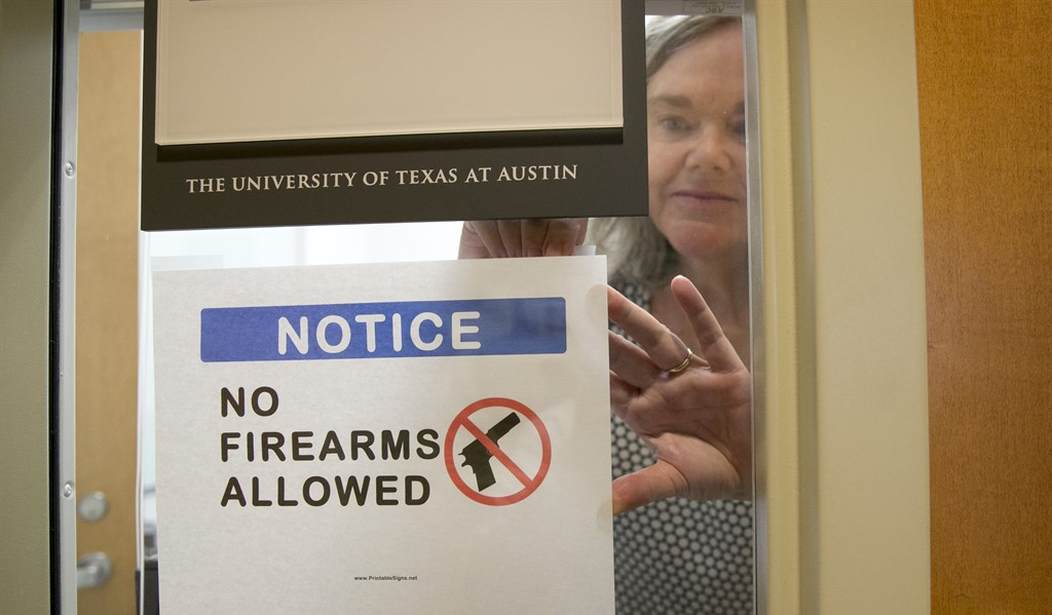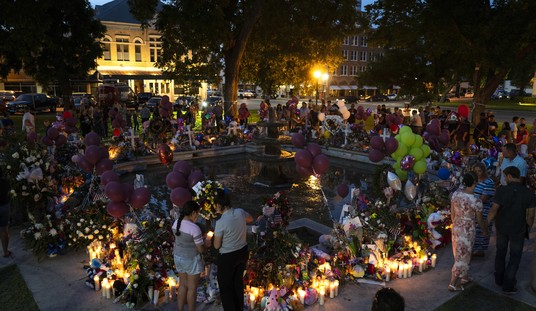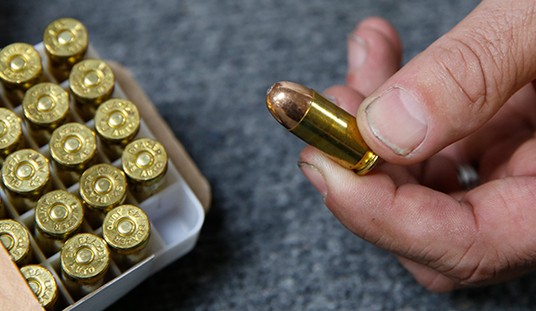Now that West Virginia’s SB 10 has been signed into law by Gov. Jim Justice, there are about a dozen states across the country that have campus carry laws on the books (though West Virginia’s statute does not take effect until July, 2024). We could see a baker’s dozen in short order, however, with a bill in Kentucky clearing a House committee on Tuesday.
HB 542, as currently written, declares that colleges, universities, and postsecondary education facilities (including technical schools and community colleges “shall not limit, restrict, or prohibit” lawful concealed carry “in any manner”; a big change to the status quo.
Currently, colleges and universities in Kentucky can choose whether to restrict or ban people with concealed carry permits from carrying firearms on their respective campuses. All of Kentucky’s public universities and the state’s community and technical college system prohibit concealed carry firearms on campus, with an exception for concealed-carry permit holders who keep a firearm locked in a personal vehicle.
A lobbyist with the National Rifle Association testified in favor of the bill, while organizations representing universities and colleges throughout Kentucky were unified in their opposition to the legislation. NRA lobbyist Art Thomm said in testimony that the bill “seeks to empower men and women to protect themselves from violent attacks.”
“Throughout the movement of this legislation, you will hear a tirade of scenarios — how crime will increase, how safety will diminish and how our children will be placed at risk and so on. Blood will run through the streets at our state colleges and universities. There’s one major problem with that thought process — it’s wrong,” Thomm said.
Thomm’s right, but reluctant lawmakers and higher ed officials don’t have to take his word for it. West Virginia University has put together a “Campus Safety Group” to figure out how to implement SB 10’s provisions, and one of the things the group did was reach out to other universities in states where campus carry is already the law.
A common topic in this year’s legislative debates, and in prior years, was the possibility of conceal carry permit holders intentionally or unintentionally sparking fear in others and stifling debate on college campuses.
“We have heard that fear, we have heard that perception,” [WVU vice president Rob] Alsop said. In their conversations with other universities, they have learned those institutions have not seen any incidents where someone carrying a weapon has stifled debate or discussion.”
It would be good for Kentucky officials to have similar conversations, because at the moment many of them are in full freak-out mode.
In a statement issued after the committee action, Kentucky Council on Postsecondary Education President Aaron Thompson said “any legislation that allows concealed weapons on campuses threatens students’ real and perceived safety.”
“Our public college and university chiefs of police are unanimous in their professional judgment that any law or policy that increases the prevalence of deadly weapons on campus makes those places where our friends and families go to work, attend school, and enjoy community with each other much less safe,” he said.
Thompson said the council was “unaware of any reliable statistical evidence” that carrying concealed firearms reduces violence on campuses. The council serves as a coordinating board serving Kentucky’s public universities and community and technical colleges.
The president of the Association of Independent Colleges and Universities, which represents 18 private, non profit higher education institutions in the state, also issued a statement saying they’re still trying to get clarification on “certain elements” in Maddox’s bill.
“AIKCU opposes any efforts to limit the ability of independent colleges and universities to determine how to best protect the safety and wellbeing of their students, faculty, and staff,” Mason Dyer said.
University of Kentucky spokesperson Jay Blanton said the university deeply respects policymakers but that UK’s “law enforcement, safety and health officials are unequivocal in their belief that allowing guns on campus will make our community less safe — whether that’s in a classroom, hospital or athletics venue.”
“We will continue to make that case, respectfully and candidly, in direct conversations with lawmakers now and in the coming days,” Blanton said.
To be fair, I expect that HB 542 will be revised to some extent as it makes its way through the legislature. At the moment the bill appears to lump in private colleges and universities with public institutions in mandating that concealed carry is recognized, which would run afoul of the property rights of those private institutions. The bill is also silent on any “sensitive places” where concealed carry could continue to be prohibited, which is also likely to change. West Virginia’s campus carry bill forbids carrying in any campus arena or theater with a seating capacity of more than 1,000 people, for instance, and SB 10 also imposes storage requirements for students who live (and carry) on campus.
I’m sure the university presidents will try to water down the Kentucky bill as much as possible, so it’ll be critically important for gun owners and Second Amendment supporters in the state to weigh in and back the strongest legislation possible. Lawmakers have plenty of examples around the country to point to in their efforts to craft a strong campus carry law that respects the Second Amendment rights of students and faculty, and as long as they don’t buy in to the fearmongering from university officials HB 542 will be a big step forward for the right to keep and bear arms in the Bluegrass State.









Join the conversation as a VIP Member